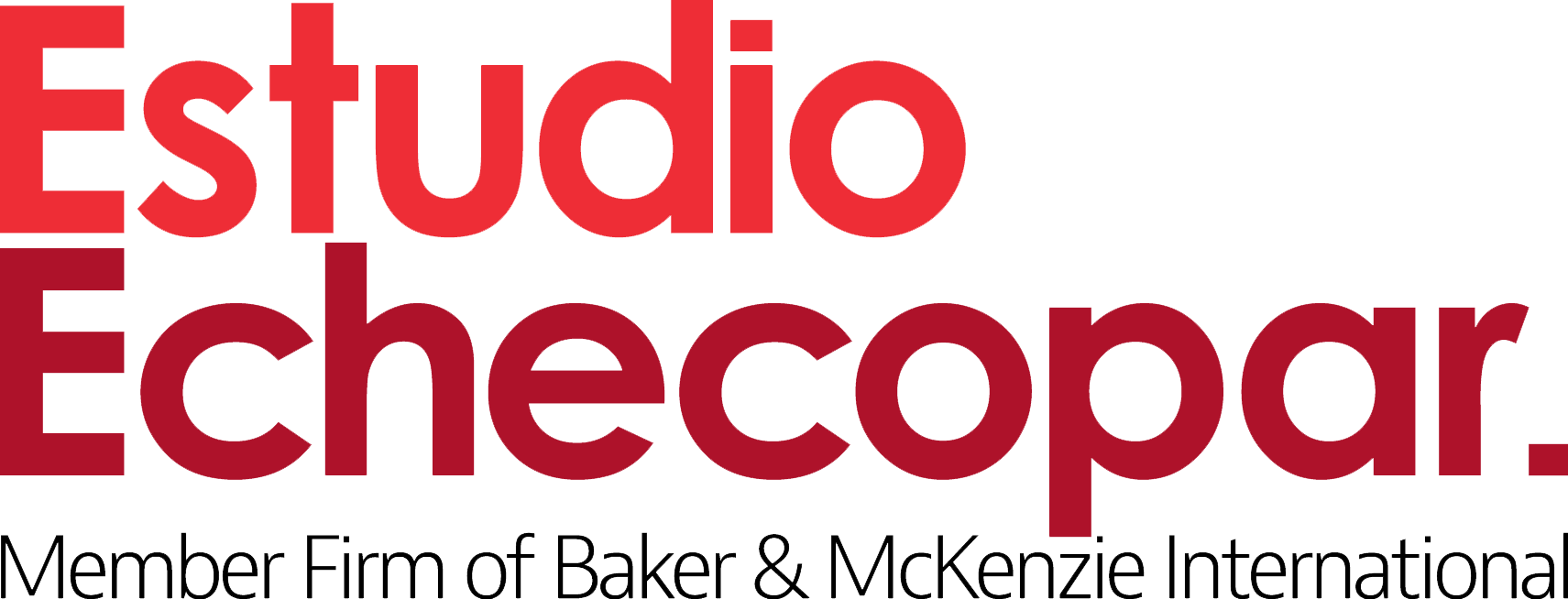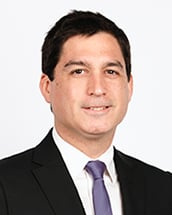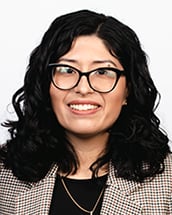In brief
The Ministry of Women and Vulnerable Populations has opened a new call to participate in the certification process “Safe company, free of violence and discrimination against women.”
This certification recognizes companies with the best practices in terms of gender equality in employment and grants them benefits in transactions with the state.
Companies have until 30 April 2024 to register and participate in this new edition of the certification process.
What is the “Safe company, free of violence and discrimination against women” certification?
It is a certification issued by the Ministry of Women and Vulnerable Populations that recognizes companies that have implemented concrete actions to promote gender equality and the right to a life free of violence within their organizations and in their communities.
What is evaluated to grant the certification?
The application of gender equality in the processes of the participating organizations and their communities is evaluated, with special emphasis on the following points:
- Recruitment of personnel without discrimination.
- Compliance with equal pay regulations.
- Prevention of sexual harassment.
- Compliance with breastfeeding regulations.
- Balance of work and family life.
- Maternity and paternity leave.
What are the benefits for companies that receive a positive result in this evaluation?
Companies that pass the Ministry of Women and Vulnerable Populations’ evaluation and obtain a score of at least 60 out of 100 points will be able to use the certification “Safe company, free of violence and discrimination against women” for a period of two years from the certificate’s issuance. Also, they will benefit from additional points in the evaluation of their offers in transactions with the state.
To participate in the process, companies must prepare and submit online a dossier with the documents proving their compliance with the criteria detailed above, in addition to participating in a review process conducted by the Ministry of Women and Vulnerable Populations.
Should you require further information or support in preparing your application for this certification, please do not hesitate to contact us.
Click here to read the Spanish version.
* * * * *

Estudio Echecopar is a member firm of Baker & McKenzie International, a Swiss Verein with member law firms around the world. In accordance with the common terminology used in professional service organizations, reference to a “partner” means a person who is a partner or equivalent in such a law firm. Similarly, reference to an “office” means an office of any such law firm.
Before you send an e-mail to Estudio Echecopar, please be aware that your communications with us through this message will not create a lawyer-client relationship with us. Do not send us any information that you or anyone else considers to be confidential or secret unless we have first agreed to be your lawyer in the matter. Any information you send us before we agree to be your lawyers cannot be protected from disclosure.
@2024 Estudio Echecopar
All rights reserved.
No part of this publication may be reproduced in any form or by any means without the written permission of Estudio Echecopar.






